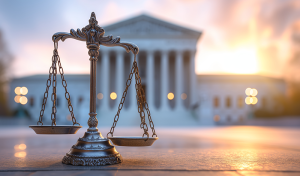
July 11, 2025
Surprise! USF Decision Signals Admin Law Revolution, But Not the One We Expected
Late last month, the Supreme Court decided FCC v. Consumers Research. Although an undercard among the Court’s last-day decisions, the case was closely watched in administrative law circles as a potential vehicle for revitalizing the moribund Nondelegation Doctrine. But as predicted after oral argument, the Court found this was not the right case to do…
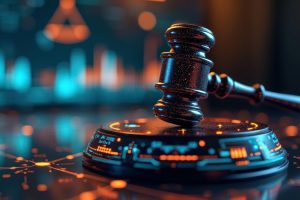
July 11, 2025
Common Law Evolution Is Not a Policy Proposal!
The outer edge of absurdity in the 1970s Monty Python sketch comedy show may have been “The Larch.” For no evident reason, the sketch retrains viewers on larch trees and the subject of larches. An interview with Pythons dressed as schoolboys goes into the larch question at some length, ending in a hard-to-hear introduction to…
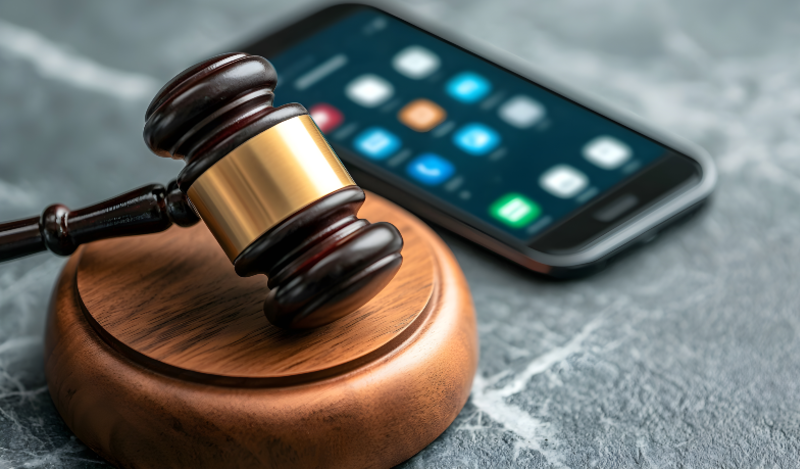
July 9, 2025
Free Speech and Tech Policy at the US Supreme Court, 2025
Event Summary On July 9, AEI hosted an expert panel examining the Supreme Court’s decision in Free Speech Coalition v. Paxton, along with broader issues related to online expression, regulatory authority, and technology policy. AEI’s Clay Calvert opened the discussion by outlining the facts of Free Speech Coalition v. Paxton, summarizing the majority opinion, and explaining how…
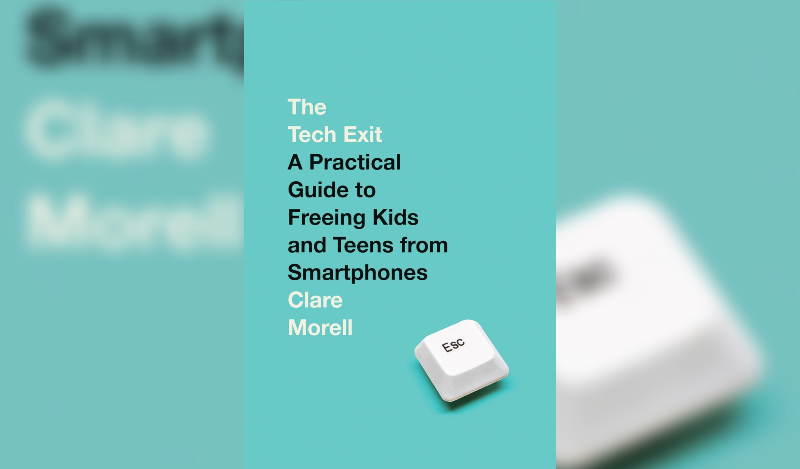
July 9, 2025
A Practical Path for the Tech Exit: A Book Event with Clare Morell
Event Summary On July 9, Ethics & Public Policy Center Fellow and Technology and Human Flourishing Project Director Clare Morell joined AEI’s Timothy P. Carney to discuss her new book, The Tech Exit: A Practical Guide to Freeing Kids and Teens from Smartphones. AEI’s Christine Rosen opened the event with introductory remarks. In her conversation with…
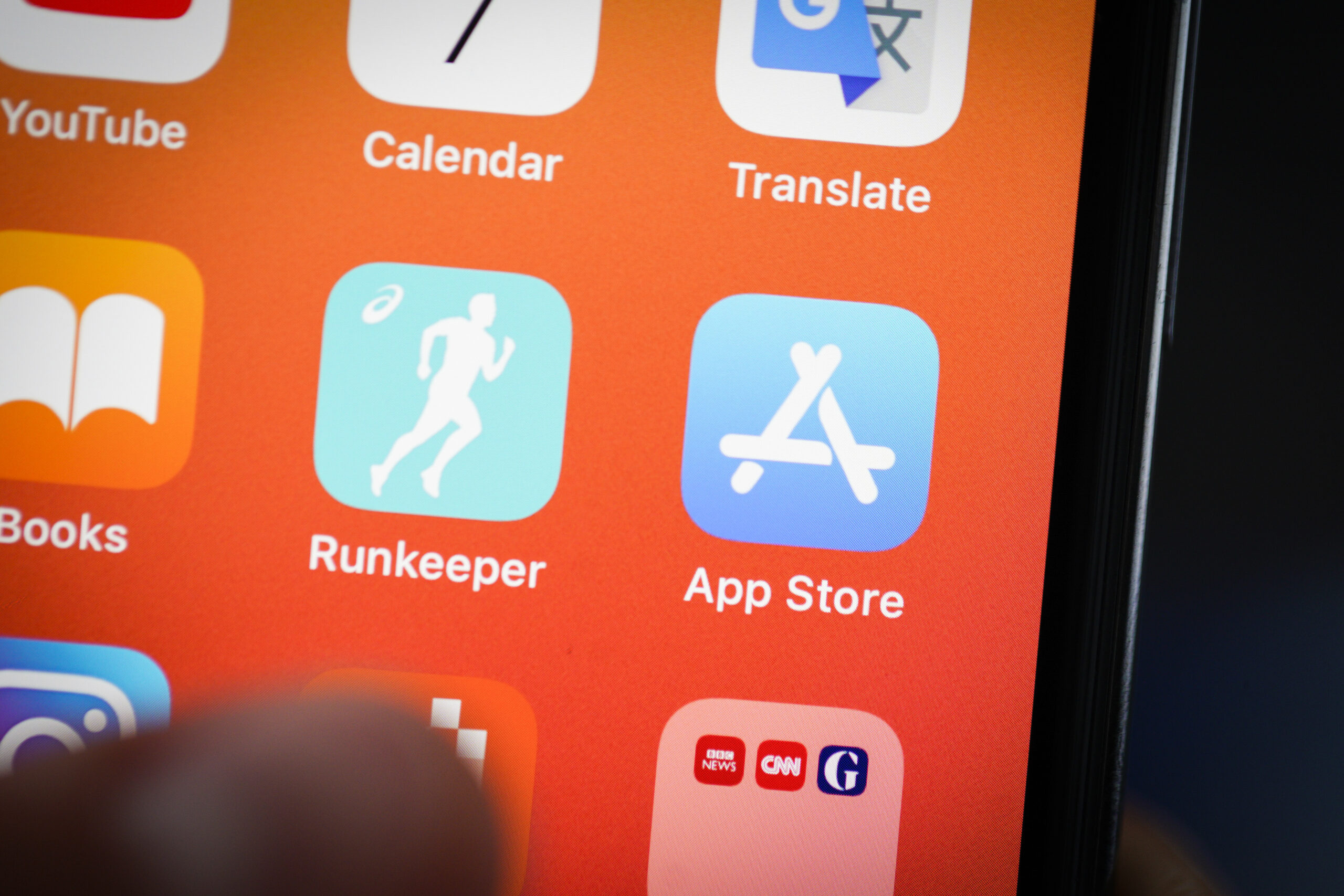
July 9, 2025
Congress Should Avoid an App Store Crack-Up
Prominent members of Congress are reviving the Open App Markets Act (OAMA), a bill they say will create “a freer and fairer marketplace” in Apple’s App Store and Google’s Play Store. But rather than opening “the door to more choices and innovation,” the legislation would do the opposite: It would weaken security, reduce customer choice,…
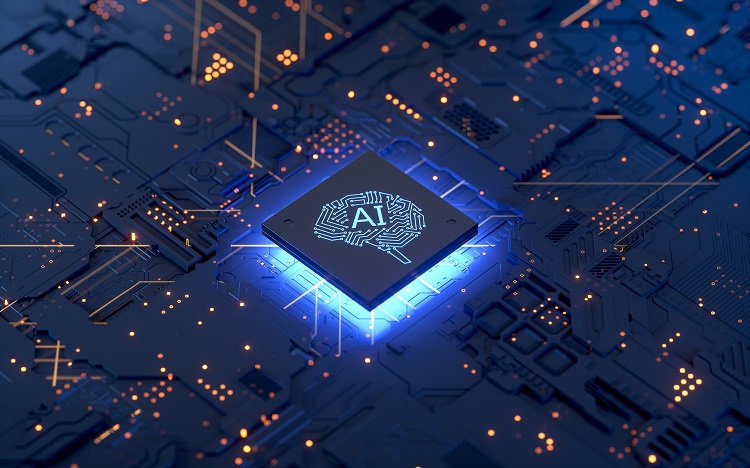
July 8, 2025
As Congress Releases the AI Regulatory Hounds, A Reminder
The centerpiece of the so-called “One Big Beautiful Bill” in tech policy circles was the “AI moratorium,” a temporary federal limit on state regulation of artificial intelligence. The loss of the AI moratorium, stripped from the bill in the Senate, elicited howls of derision from AI-focused policy experts such as the indefatigable Adam Thierer. But…

July 7, 2025
How the Vatican Is Shaping the Ethics of Artificial Intelligence
As AI transforms the global landscape, institutions worldwide are racing to define its ethical boundaries. Among them, the Vatican brings a distinct theological voice, framing AI not just as a technical issue but as a moral and spiritual one. Questions about human dignity, agency, and the nature of personhood are central to its engagement—placing the…

July 3, 2025
The Open App Markets Act: How “Competition” Reform Would Open America’s Digital Doors to Hackers and Foreign Adversaries
The Open App Markets Act (OAMA) has reemerged in Congress with renewed momentum, aiming to break up what some lawmakers perceive as monopolistic control over mobile app distribution. Supporters frame this legislation as a victory for competition and consumer choice, claiming it will free users from the restrictive hold of Apple’s App Store and Google…

July 2, 2025
Free Speech Coalition v. Paxton: Doctrinal Drift Erodes Online Speech Protection and Court Credibility
Supreme Court opinions typically are governed by well-established doctrines for determining whether a statute passes First Amendment muster. Notably, content-based laws (ones targeting particular subjects or ideas but not others) must surmount the demanding strict scrutiny test, while content-neutral laws (ones applying evenhandedly to all subjects) face the relaxed intermediate scrutiny standard. Sometimes, however, the…

July 1, 2025
Marie Antoinette Does AI Tech Policy Analysis
Millions of elderly Americans live alone or lack companionship. They should go die while experts figure out if AI buddies designed to keep them company have the right “guardrails.” That’s my distillation of a presentation at a recent conference focusing on technology governance, including our current hot-button, AI. I came away from the presentation more…